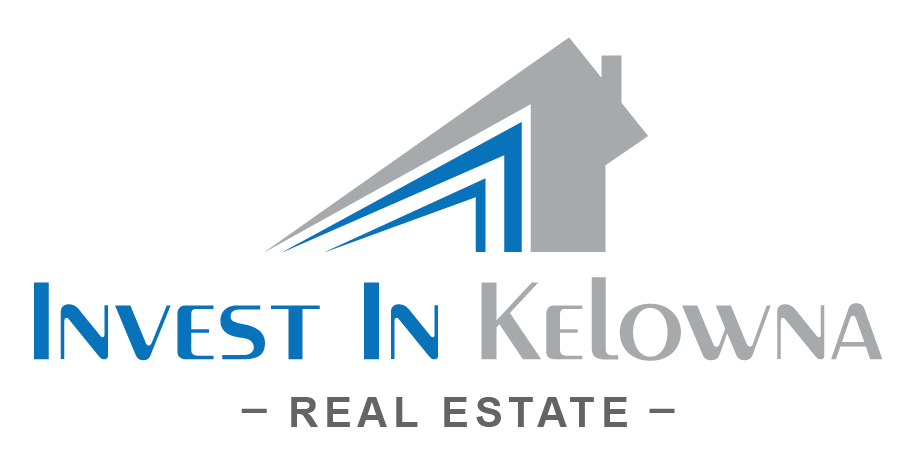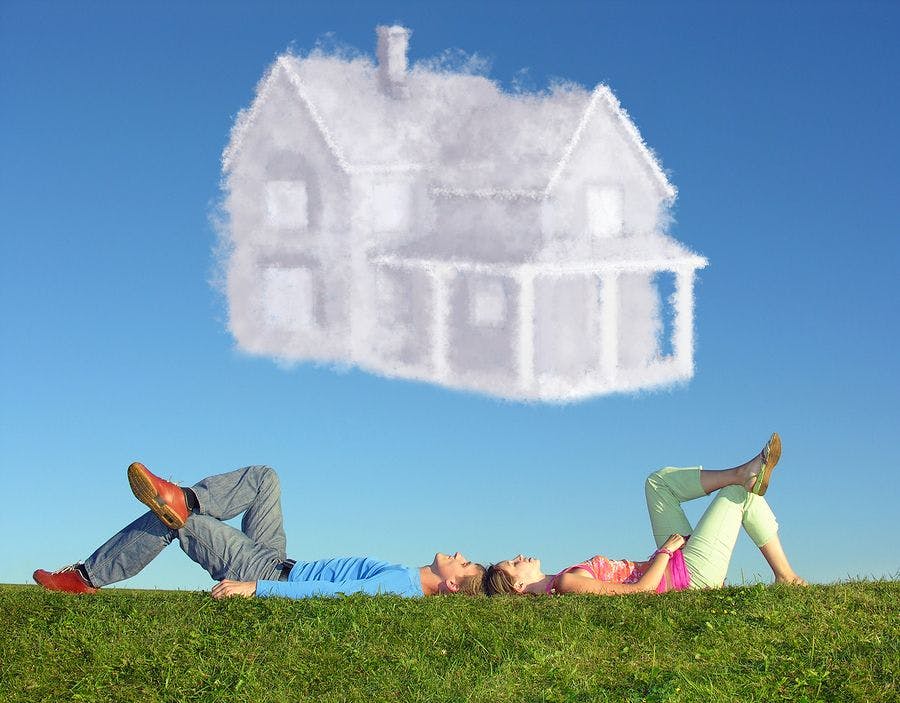Here’s a sound real estate advice: never buy a house unless you are financially stable. Otherwise, you’ll eventually miss payments and then lose the house. But, how would you know if you can afford to buy your own home? What can you do to improve your finances and prepare for this investment?
Here are a couple of prudent financial moves you can make so that you can buy your dream home without stretching your budget too much.
Improve Your Credit Score
Remember that the higher your credit score is, the higher the chances of paying lower monthly payments. A credit score of below 660 or 680 may have you paying quite higher fees while a score of 700 to 720 can win you a good deal. It’s a score of 750 and above that will let you get the best rates available in the market.
Improving your credit score starts by understanding your credit report. Make sure that there are no old, settled debts that you’re still being penalized for. See where the bad records are coming and fix them. This way, you have a better chance of being approved for mortgage.
Determine How Much You Can Afford
The price of homes for sale in Kelowna shouldn’t be the only factor you consider when deciding whether you can buy your own property. There are other expenses such as utilities, monthly bills, and others. You should also factor in your monthly income and how much would be left when you start paying for mortgage. The rule of thumb when using FHA financing is that your payment for the house shouldn’t go over 31% of your monthly income. Keep in mind that a house is a big financial obligation, so it’s just right to weigh your overall finances first before going on this journey.
Save for a Big Down Payment
Some homeowners are enticed by low down payments; however, what they don’t know is that they can save more when they pay a bigger amount up front. It’s best to save for a big down payment than to lengthen the period you’ll have to settle the home payment. Down payment should be between 3% and 20% of the price. If you can’t pay for the down payment, then it only means that you’re not financially ready to buy a house. Take a few months or years to save up before you go for it.
Once you follow these steps, don’t forget to maintain a good savings account. This will show lenders that you’re not living paycheck to paycheck, meaning that you can actually handle this financial obligation. Your real estate agent can also help you get the best deal if you let them know your financial situation.
Sources:
6 Must Do’s Before Buying a Home, Bankrate.com
3 Ways to Financially Prepare Before Buying Your First Home, Moneyning.com

